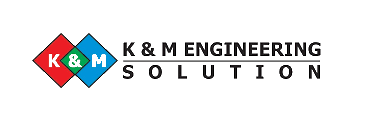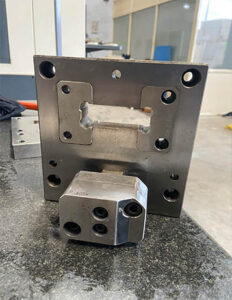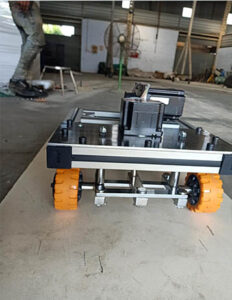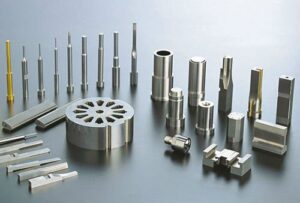At our manufacturing facility in Ahmedabad, K&M Engineering Solution have spent decades working with clients across automotive, electrical, and appliance industries. Over the years, we’ve realized that choosing between press tools and special purpose machines (SPMs) is never just about specifications—it’s about application, volume, and the unique challenges of each project.
Through countless projects, we’ve developed a practical approach to deciding which solution works best, ensuring our clients get maximum productivity, precision, and ROI.
Our Experience with Press Tools
Press tools have been the backbone of many of our client projects, especially where medium to high production volumes are involved. In our experience:
-
Press tools excel when operations are repetitive but moderately complex, such as automotive brackets, appliance panels, or electrical housings.
-
The flexibility of modular dies allows us to quickly adapt to minor design changes, which is crucial for clients who need shorter lead times.
-
For many clients in Ahmedabad and across Gujarat, press tools strike the perfect balance of cost-effectiveness and accuracy, especially when automation is not strictly required.
We’ve also learned that maintenance and longevity are critical. A well-designed press tool can last years under continuous production, minimizing downtime and keeping projects on schedule.
Our Experience with SPMs
SPMs, on the other hand, shine in high-volume, high-precision, and multi-operation tasks. From our perspective:
-
For clients producing large batches of complex components, SPMs reduce manual intervention and errors.
-
We’ve implemented SPMs in sectors like automotive assembly and electrical components, where multiple operations need to happen in a single cycle.
-
While the initial investment is higher, the reduction in cycle time and labor dependency often pays off quickly.
Our team in Ahmedabad has extensive experience custom-designing SPMs tailored to each client’s specific requirements, ensuring maximum efficiency while meeting tight tolerances.
Application-Based Insights
From our years on the shop floor, we’ve observed some practical patterns:
-
Standard parts with medium batches: Press tools are faster and more economical.
-
High-volume, multi-step processes: SPMs outperform in speed, accuracy, and reliability.
-
Frequent design changes: Press tools are easier to modify, while SPMs require careful upfront planning.
-
Critical precision components: SPMs provide consistent quality, reducing rejects and rework.
Our Recommendation
Having supplied solutions for clients all over Ahmedabad, Gujarat, and across India, our advice is simple:
-
Evaluate production volume, complexity, and tolerance requirements.
-
Use press tools for flexible, moderate-volume, repetitive tasks.
-
Deploy SPMs for high-volume, high-precision, or multi-step operations.
-
Factor in long-term ROI, maintenance, and lead times—sometimes the higher upfront cost of an SPM pays off over the years.
At our Ahmedabad facility, we don’t just manufacture tools and machines—we provide solutions based on real-world experience. Our decades of working with diverse industries mean we understand the nuances of each project, helping clients choose the most efficient, cost-effective, and reliable solution.





